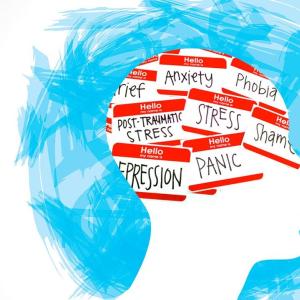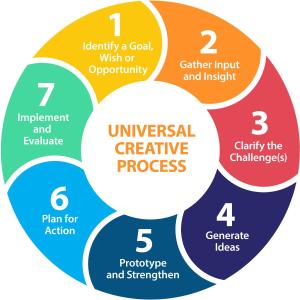The Civil Rights Movement
The Civil Rights Movement in the United States was a pivotal struggle for equality, justice, and civil rights that profoundly impacted not only American society but also inspired global movements for social change and human rights. Spanning the mid-20th century, the Civil Rights Movement sought to dismantle institutionalized racism, segregation, and discrimination against African Americans, challenging deeply entrenched systems of oppression and advocating for equal rights under the law.
The history of the Civil Rights Movement can be traced back to the post-World War II era, with significant milestones such as the Brown v. Board of Education Supreme Court decision in 1954, which declared racial segregation in public schools unconstitutional. This decision laid the groundwork for subsequent activism and legal challenges aimed at ending segregation in all areas of public life.
Key figures emerged as leaders and catalysts for the Civil Rights Movement, including Martin Luther King Jr., Rosa Parks, Malcolm X, and many others. Martin Luther King Jr., in particular, became a prominent voice for nonviolent resistance and civil disobedience, advocating for racial equality through peaceful protests, marches, and speeches that galvanized public support and brought attention to the injustices faced by African Americans.
The impact of the Civil Rights Movement was far-reaching and transformative. The Civil Rights Act of 1964 and the Voting Rights Act of 1965 were landmark legislative achievements that outlawed discrimination based on race, color, religion, sex, or national origin and protected voting rights for African Americans. These legislative victories marked significant progress toward achieving equality and dismantling segregationist policies.
Moreover, the Civil Rights Movement had a profound influence on global movements for equality and social justice. The principles of nonviolent resistance, grassroots organizing, and coalition building employed by Civil Rights activists served as a model for liberation movements around the world. The movement inspired anti-colonial struggles in Africa, Asia, and Latin America, as well as movements for women's rights, LGBTQ+ rights, and indigenous rights globally.
The legacy of the Civil Rights Movement continues to resonate in contemporary social justice movements, underscoring the ongoing struggle for racial equality, inclusion, and human rights. The movement's achievements and challenges serve as reminders of the ongoing work needed to address systemic racism, inequality, and discrimination in societies worldwide.








































